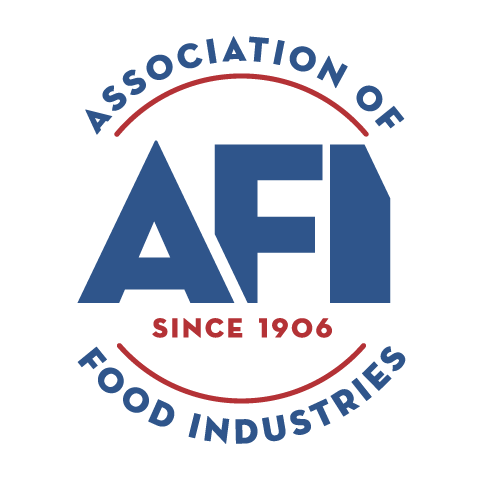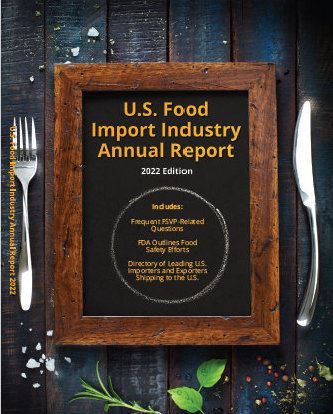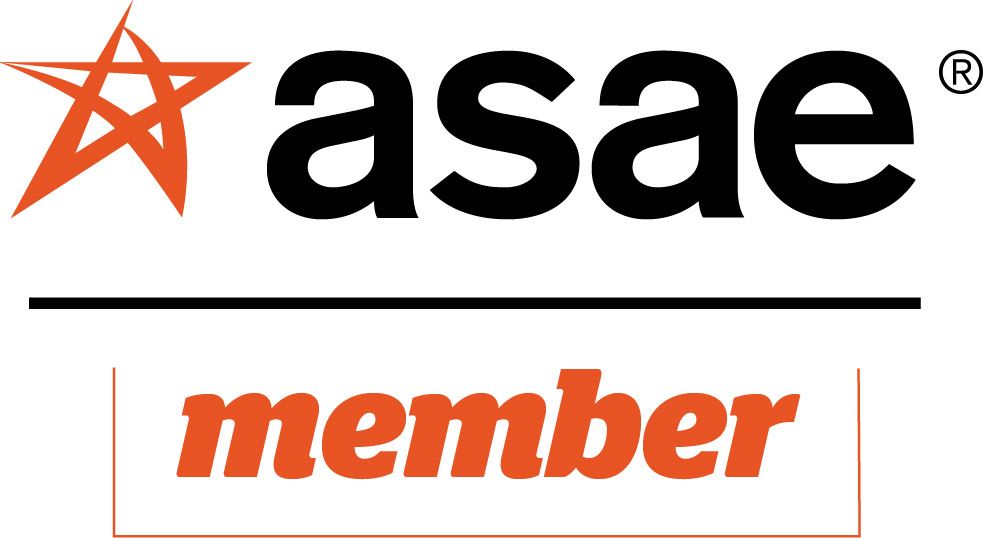2022 NHPDA ReportAndy Sargeantson
|
2022 U.S. Food Import Industry Annual ReportChairman's Report - James Libby President's Report - Bob Bauer North American Olive Oil Association - Marco de Ceglie Processed Foods - Josh Gellert Nut & Agricultural Products - Travis Walvoord National Honey Packers & Dealers - Greg Olsen Regulatory and Trade IssuesFrequent FSVP-Related Questions FDA Exec: Agency Addressing its Priorities in Protecting Public Health FDA Outlines Food Safety Efforts USTR: Sustainable, Resilient Trade Policies a Shared Concern Supply Chain Resilience Key to a Firm’s Overall Resilience |



